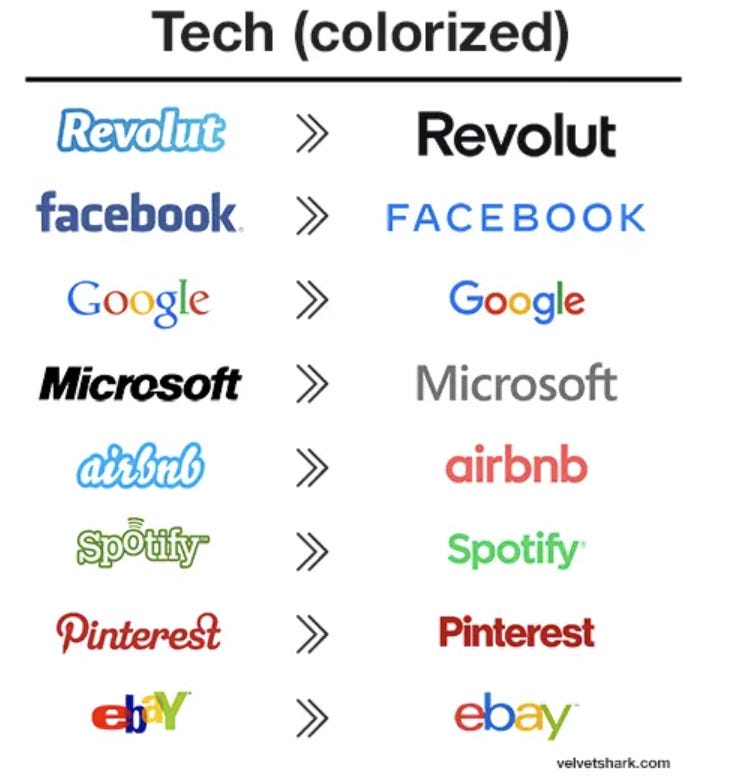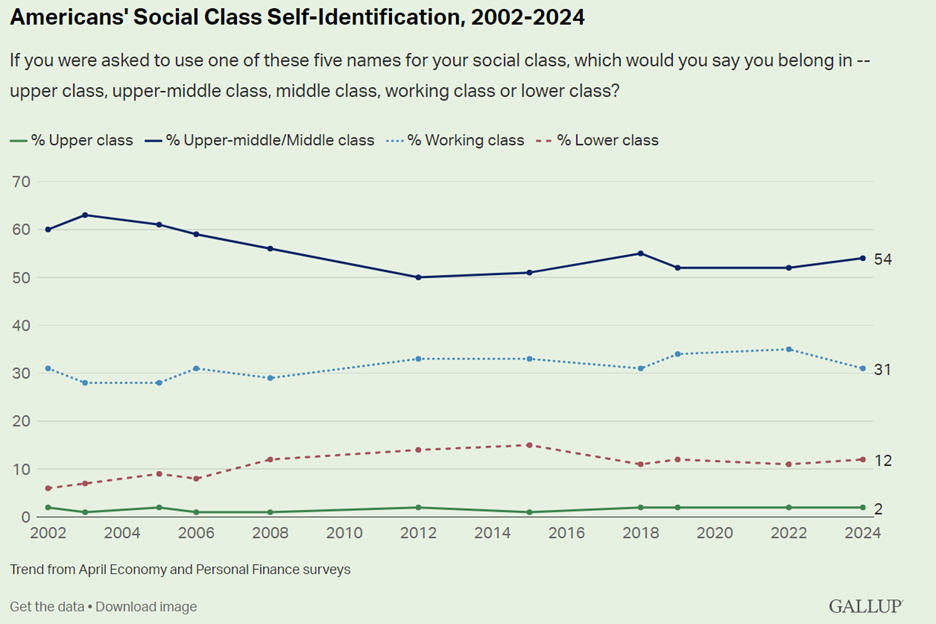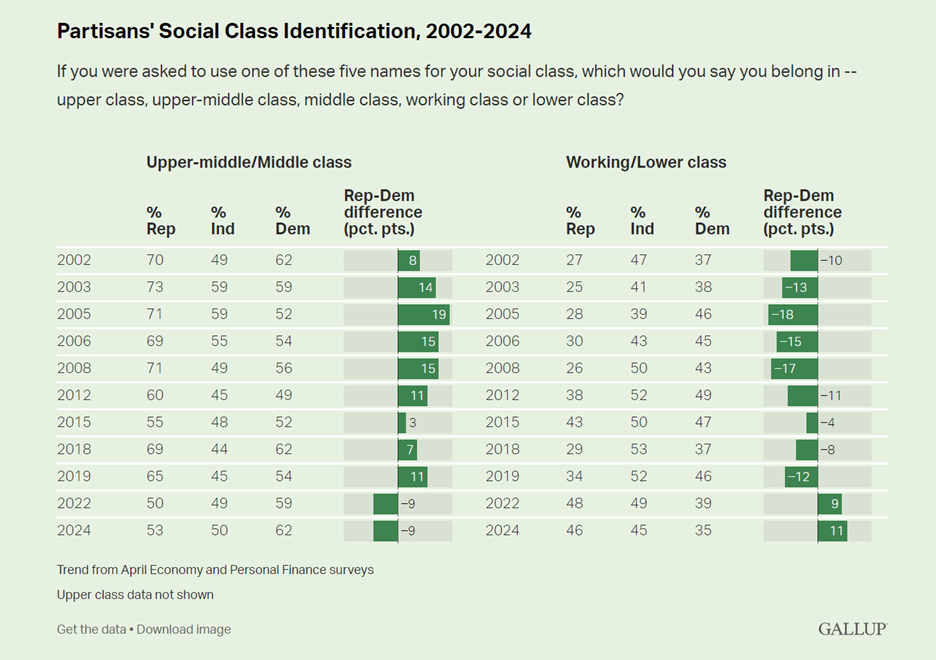Wednesday Links
Cloned Sheep, Mr. Beast, & More
1. Company logos have been simplified (made boring) over the past couple years. This surprisingly interesting post explores why.
2. The areas with the most supercentenarians (people aged 100+) also have…high rates of crime (like pension fraud) and a lack of birth certificates. Which is to say, most 100 year old people actually aren’t.
3. In 2000, the American Association of Pediatrics recommended that children 0-3 years old and pregnant women should avoid peanuts in order to protect from peanut allergies, but the lack of exposure caused a massive increase in peanut allergies. Part of the reason this guidance has been reversed is that researchers realized that Israel, where there’s a really popular peanut butter snack called a Bamba, has really low rates of peanut allergies.
4. The proposed End Kidney Deaths Act would give living kidney donors who donate to a stranger a $10,000 refundable tax credit each year for five years ($50,000 total). There are currently about 90,000 Americans on the kidney waitlist, and over half of people on the waitlist have died without receiving one in recent years. This will save a lot of lives while also saving a lot of money—the federal government spends about $50 billion each year for dialysis therapy.
5. An 81 year old man in Montana got sentenced to six months in jail for cloning giant sheep for trophy hunting. He bought tissue from a Marco Polo sheep, the largest species in the word at over 300 pounds, from Kyrgyzstan, sent it to a lab to be cloned, named the resulting clone the Montana Mountain King, and used the Montana Mountain King to breed more gigantic sheep, which he sold to people in other states for $10,000 each.
6. Cloud cover, nighttime, and days that aren’t windy are common arguments against renewable energy. The solution to that is giant batteries that store power during periods of high generation and release them back into the grid when needed. This past week, both Texas (4,000 MW) and California (8,000 MW) set records for battery discharge. By my (very back of the envelope) math, that’s enough to power more than 10 1 to 2 million homes.
7. Florida Atlantic University conducted a survey and found that 90% of Floridians think climate change is happening, but just 48% would be willing to pay $10/month to strengthen Florida’s infrastructure against weather hazards. Assuming the infrastructure works, $10/month seems like a bargain.
8. Somewhat related: the top third of states for domestic migration (people moving there from other states) have an average top marginal income tax rate of 3.8%. The bottom third have a rate of 7.3%. Not having to pay state level income tax is great. Not being able to fund hurricane resistant infrastructure, less so.
9. A single parent with one child in DC “would receive no financial gain from a wage increase between $11,000 and $65,000 of earned income” due to benefits phasing out with higher earnings. This is a great example of how not to design welfare policy.
10. U.S. drug overdose deaths fell 3% in 2023, the first annual decline since 2018. That’s the good news. The bad news is that more than 100,000 people still died of overdoses, with about 75,000 of those involving opioids.
11. 85% of Americans consider themselves upper middle class or working class, while just 2% consider themselves upper class and 12% lower class, according to this Gallup survey.
The share of democrats considering themselves working/lower class is virtually unchanged over the past 22 years, from 37% to 35%, while the share of republicans considering themselves working/lower class has spiked from 27% to 46%.
12. Mr. Beast is a YouTuber with 319 million subscribers and an estimated net worth of $500 million (this is especially impressive—or upsetting, I guess—because he’s only 26 years old). A guidebook for his company called HOW TO SUCCEED IN MRBEAST PRODUCTION leaked online, and it’s fascinating.
First, for a company with hundreds of millions in annual revenues, it’s a shockingly informal document, full of typos, bad grammar, and informalities like “haha.”
Second, it takes pretty modern approach to evaluating workers, stressing achievement over working long hours: “But at the end of the day you will be judged on results, not hours. We are a results based company. Get shit done and move the goalpost!”
That’s not what “move the goalpost” means, but setting that aside, this is a big departure from the work culture that Baby Boomers and Gen X cultivated, and one that’s very conducive to remote work.
There’s a lot more in the guide, and I think it’s a useful read for anyone running a business, even if that business doesn’t make videos like 100 Identical Twins Fight for $250,000.
What’s Next
Week in Review, our every-Friday post that gives you everything you need to know about the economy in a breezy, 5 minute read, will be out on Friday. That’s only for paying subscribers—if that’s not you and you want it to be, just click the button below.






